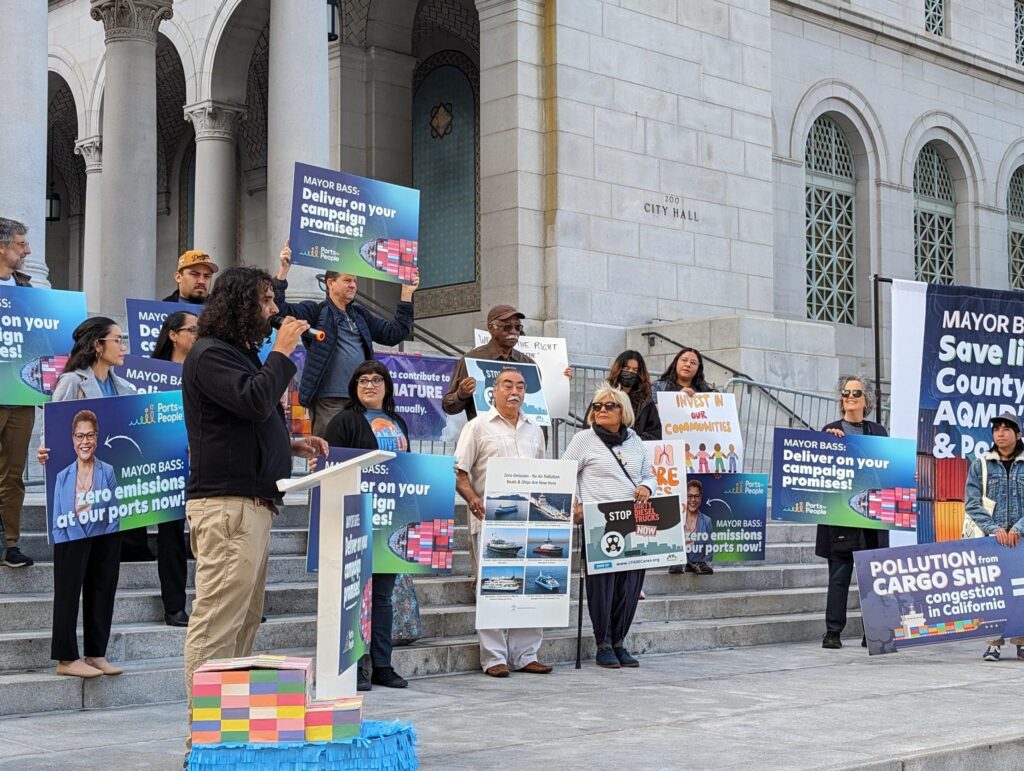
Pacific Environment 2024 Grant Application
Pacific Environment 2024 Grant Application
We are very excited to announce that our 2024 Grant Application is now live. Through this grant opportunity, Pacific Environment aims to fund multi-level organizations, including community-based groups, environmental justice organizations, and environmental organizations.